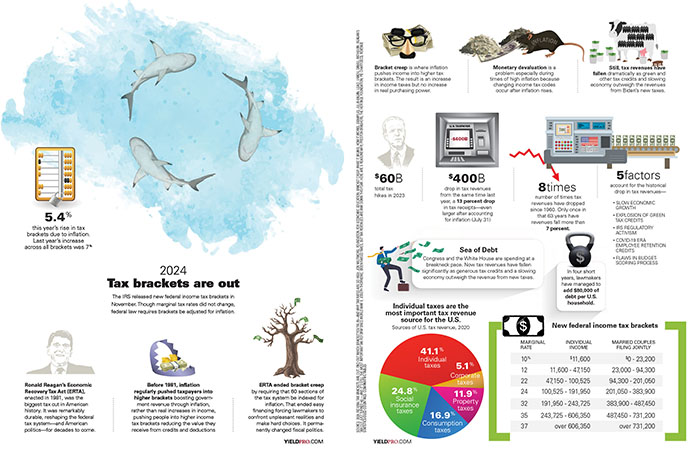The Federal Communications Commission didn’t exceed its authority when it banned such contracts, citing their anti-competitive effects, the U.S. Court of Appeals ruled in May.
The FCC voted in October 2007 to cancel exclusive agreements between cable companies and apartment owners, opening the way for AT&T Inc., New York-based Verizon Communications Inc., and others to offer services in buildings that had locked them out. The National Cable & Telecommunications Association appealed, saying the agency had exceeded its authority.
“The commission balanced benefits against harms and expressly determined that applying the rule to existing contracts was worth its costs,” the three-judge panel said in its order.
The FCC rule bars cable companies from enforcing current exclusive- access deals, or making new ones, in residential buildings such as apartments and condominiums.
“Incumbent cable companies were actively walling off competition,” Michael Balmoris, a spokesman at Dallas-based AT&T said.
The cable trade group had no comment, said Brian Dietz, a spokesman for the Washington-based organization.
Contracts helped building owners get lower prices and better service from cable companies, said Betsy Feigin Befus, a vice president with the National Multi Housing Council, representing the apartment industry that took part in the case.
“The FCC took away an important incentive for cable firms to negotiate,” Befus said.
Comcast and New York-based Time Warner Cable, the two biggest U.S.
cable providers, had claimed the FCC lacked the authority to invalidate those contracts.
Authors: Cary O’Reilly and Todd Shields, Bloomberg News
















